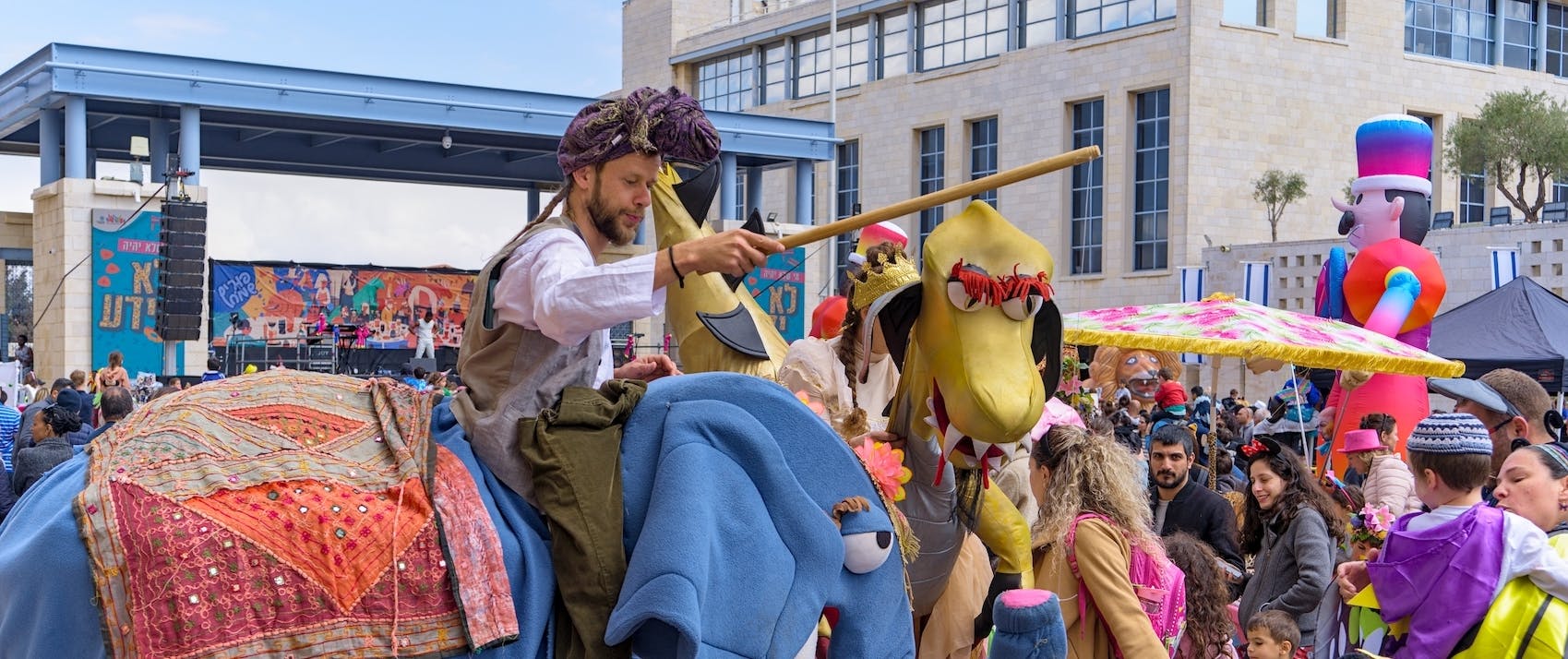Rejoicing in the Lord During Sukkot!
So beginning with the fifteenth day of the seventh month, after you have gathered the crops of the land, celebrate the festival to the Lord for seven days;
Leviticus 23:39a
Did you know that God commanded the Israelites to rejoice before him for seven days every single year? Today, the Jewish people still celebrate this holiday called Sukkot, also known as the Feast of Tabernacles or the Feast of Booths, by gathering together with family and friends to rejoice before the Lord!
This year Sukkot begins sundown on 20 September and ends sundown on 27 September. Let’s discover more about this unique and God-commanded festival by diving into the word of God!
So beginning with the fifteenth day of the seventh month, after you have gathered the crops of the land, celebrate the festival to the Lord for seven days; the first day is a day of Sabbath rest, and the eighth day also is a day of Sabbath rest. On the first day you are to take branches from luxuriant trees—from palms, willows and other leafy trees—and rejoice before the Lord your God for seven days.’ (Leviticus 23:39-40)
In Leviticus, we discover that Sukkot is a time to rest and rejoice in our Heavenly Father, as we remember his faithfulness of delivering the Jewish people out of Egypt, sustaining them for 40 years in the wilderness, and bringing them into their Promised Land! Sukkot starts and ends with a Sabbath, which means no work is allowed on the first and eighth day of the Feast. On the days in between, people are free to work. However, many Israelis take these days as a holiday so they can rest and enjoy time with their family and friends.
Sukkot is also viewed from an agricultural perspective and is referred to as the Festival of Ingathering. This holiday signifies the end of the harvest season in the Land of Israel and therefore is a time to rejoice and feast on the crops gathered.
…Celebrate the Festival of Ingathering at the end of the year, when you gather in your crops from the field. (Exodus 23:16)
The word Sukkot is actually the plural form of “sukkah”, which is a booth, tabernacle, or temporary shelter covered with plants. Therefore, the name of the holiday, Sukkot, indicates that this festival has to do with building temporary shelters. It is also believed that farmers dwelt in temporary shelters during the harvest season.
In the book of Nehemiah, we see that the Lord commanded the Israelites to build temporary shelters to live in during Sukkot.
‘They found written in the Law, which the Lord had commanded through Moses, that the Israelites were to live in temporary shelters during the festival of the seventh month and that they should proclaim this word and spread it throughout their towns and in Jerusalem: “Go out into the hill country and bring back branches from olive and wild olive trees, and from myrtles, palms and shade trees, to make temporary shelters”—as it is written. (Nehemiah 8:14-15)
Today, as you walk through the streets of Jerusalem during Sukkot, you will see a temporary dwelling called a sukkah, set up on people’s balconies, outside apartment buildings, and outside of restaurants. Many Jewish people build sukkahs to gather for meals and daily activities for the entire seven-day feast.
In the weeks leading up to Sukkot, Jewish people purchase the four species: willow branches, myrtles, etrogs, and lulav, in the market. The Jewish tradition is to wave the four species each day of the Feast. When constructing the sukkah, it is important to leave holes or space between the branches on the roof so that the sky and the stars are still visible. This is done so the Jewish people can better understand what it felt like for their ancestors who slept under the stars in the wilderness for 40 years. There are still some that actually sleep in their sukkah for an even richer experience.
“Live in temporary shelters for seven days: All native-born Israelites are to live in such shelters so your descendants will know that I had the Israelites live in temporary shelters when I brought them out of Egypt. I am the Lord your God.” (Leviticus 23:42-43)
This scripture in Leviticus helps us see that God invites us to remember what He did for the Jewish people. Let us take time this Sukkot to remember God’s faithfulness of delivering the Jewish people out of Egypt, sustaining them for 40 years in the wilderness, and bringing them into their Promised Land!
For us who believe that Yeshua is the Messiah, Sukkot is not only a holiday to remember the past or celebrate the present, but it is also a prophetic feast that fixes our gaze forward to our glorious future. Sukkot is a picture of the day that we will finally get to dwell and tabernacle with the God of Israel!
“And I heard a loud voice from the throne saying, “Look! God’s dwelling place is now among the people, and he will dwell with them. They will be his people, and God himself will be with them and be their God.” (Revelation 21:3)
As you prepare to celebrate this joyous Feast of our Heavenly Father, we pray that you will take time to remember God’s faithfulness, rejoice in God’s goodness, and ready your heart for the incredible future and hope that awaits us in Yeshua!
A Fun Adventure: This Sukkot holiday, try something new! Gather materials with family and friends to build a sukkah together. And then enjoy spending time inside the sukkah with some good food, star gazing, worship, and fun!





